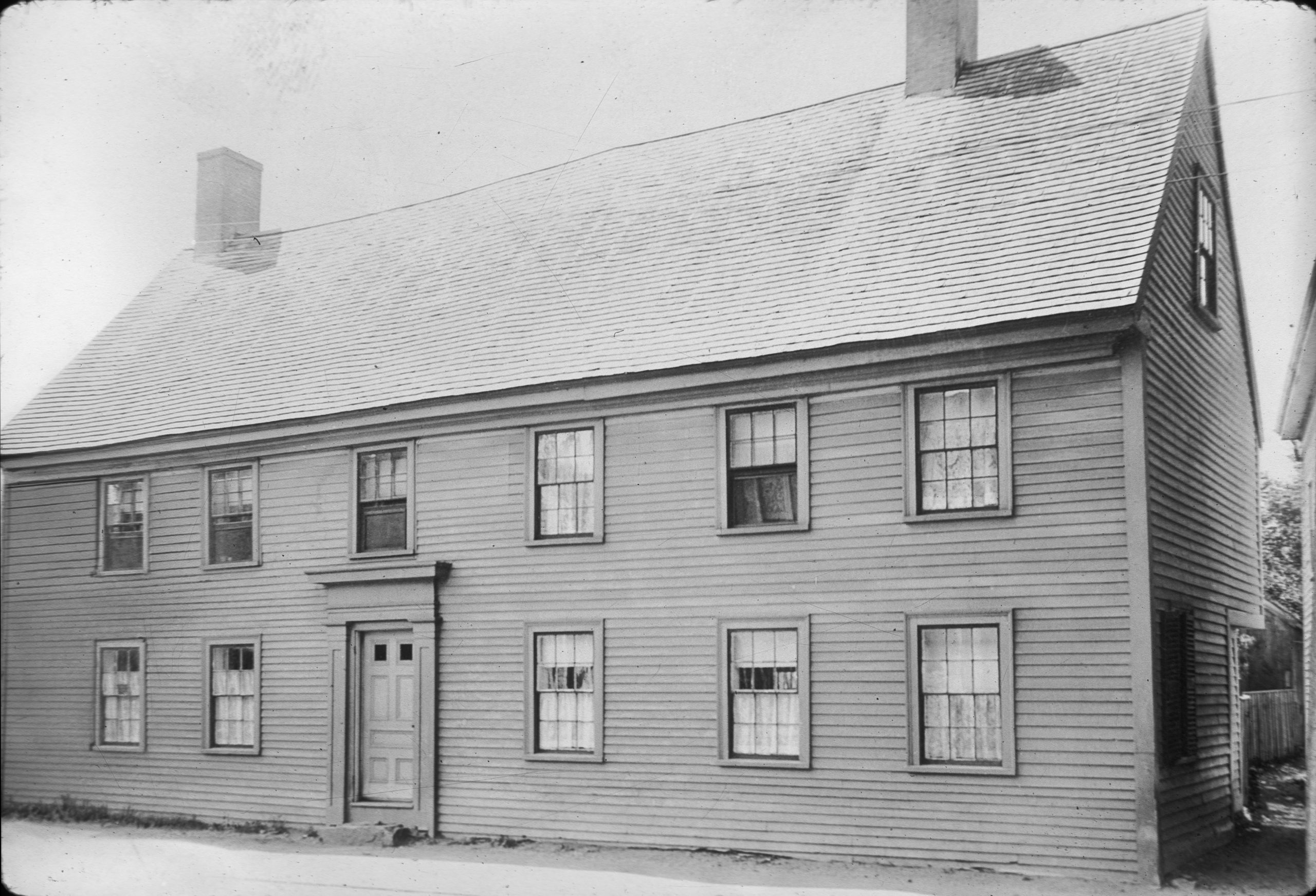The first thing I think of when I think of Marblehead is not a witch. Especially not when Salem is a hop, skip, and jump away. But maybe I should think witch, when I think of Marblehead.
At 17 Franklin St. sits the Ambrose Gale House. Like most 17th century colonial houses, it is unassuming. Dark, painted clapboard siding, two chimneys near either gable, and a standard, symmetrical doorfront make 17 Franklin look – well, like any other colonial house.
However, the story this house holds is truly unique.
The house, one of the oldest– if not the oldest in town, was built in 1663 for Ambrose Gale. An active member in the town, Gale was a town selectman, landowner, and early member of the Marblehead church. He also, along with his daughter Charity Pitman, testified against a woman named Wilmott Redd.
Redd was on trial for witchcraft.
In 1692, the two, along with another witness, testified that Redd had the ability to curse people with stomach ailments. Their testimonies led to Redd being indicted on two counts of witchcraft. She was hanged on Sept. 19, 1692. Redd was the only Marbleheader to have been accused and convicted of witchcraft. A stone with her name on it sits in the Salem Witch Trials Memorial in Salem.
Sixteen years later, in 1708, Gale passed away. Between Gale’s death and the 1840s, little is known about the house. In this period, the house was owned by the Girdler, Knight and Felton families.
The Knight family is thought to have owned all or part of the house in the 1840s, when it underwent major renovations. The owners remodeled the windows, exterior and interior window trim, stairway and fireplaces were modernized. The trim added to the house was done in Greek Revival style, popular for the mid 1800s but atypical for First Period houses.
The house remains a private residence, nearly 400 years later.
This might be the place where someone would write the cliche “…and that is why we never judge a book by its cover.” After all, such a quaint home holds an unexpectedly horrific history. But I am not writing about books. Instead, I will say this:
Never judge a house by its clapboard.

